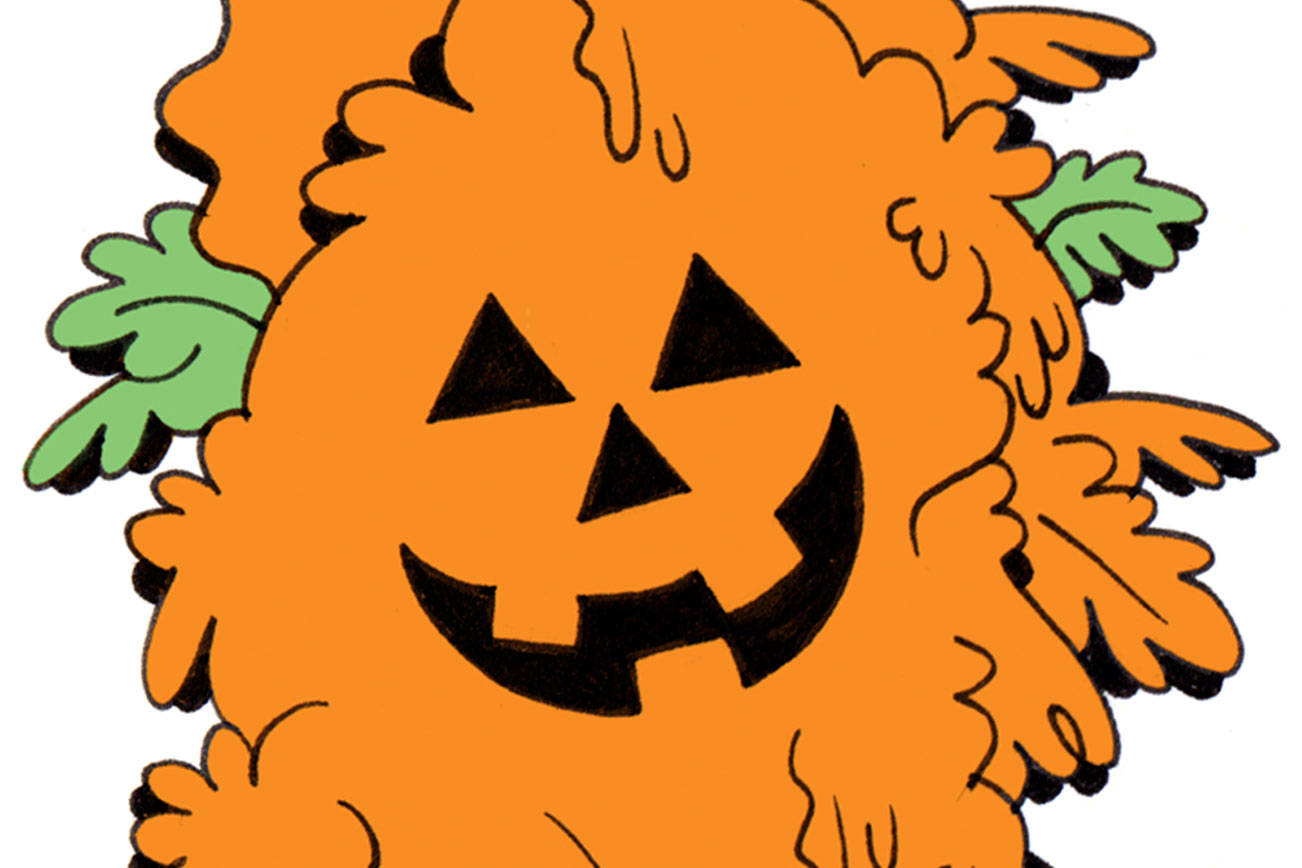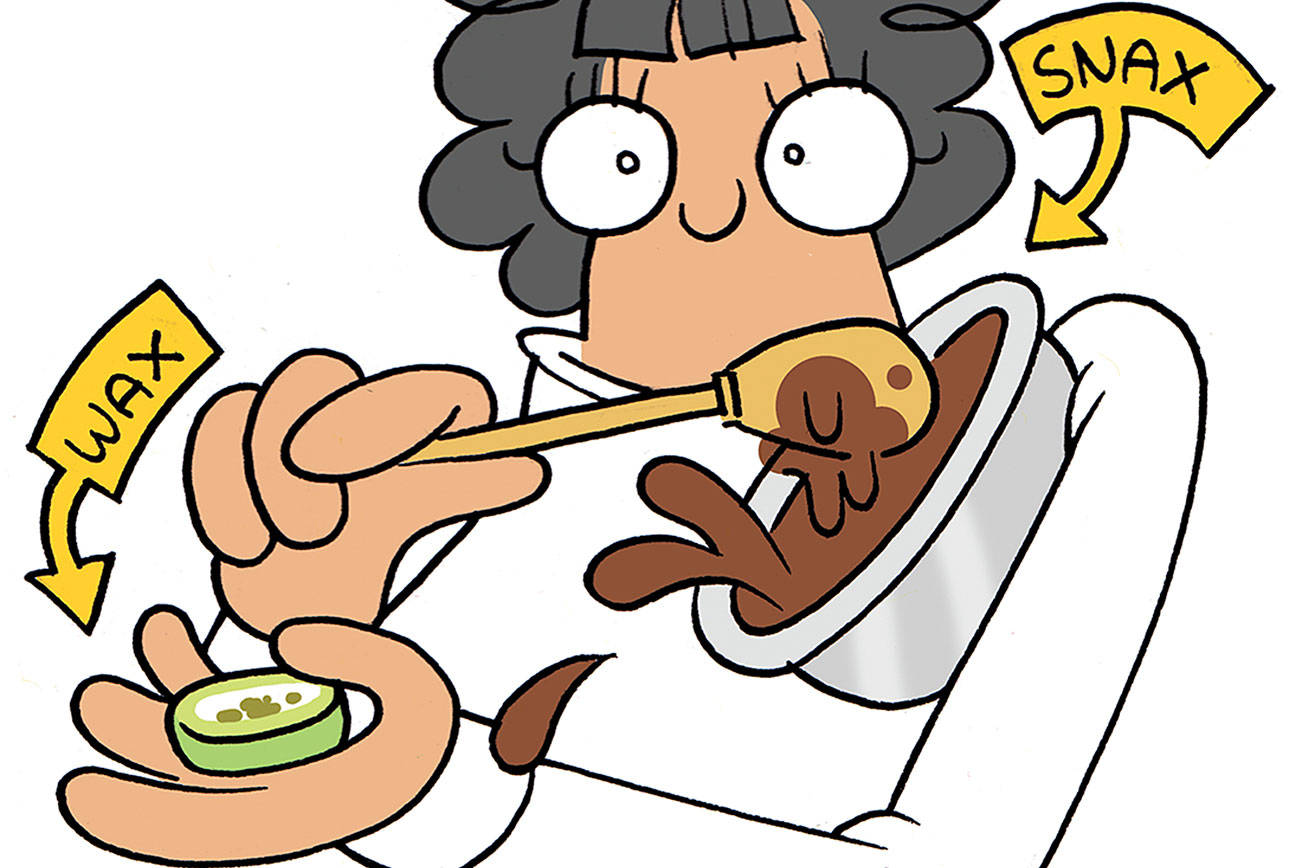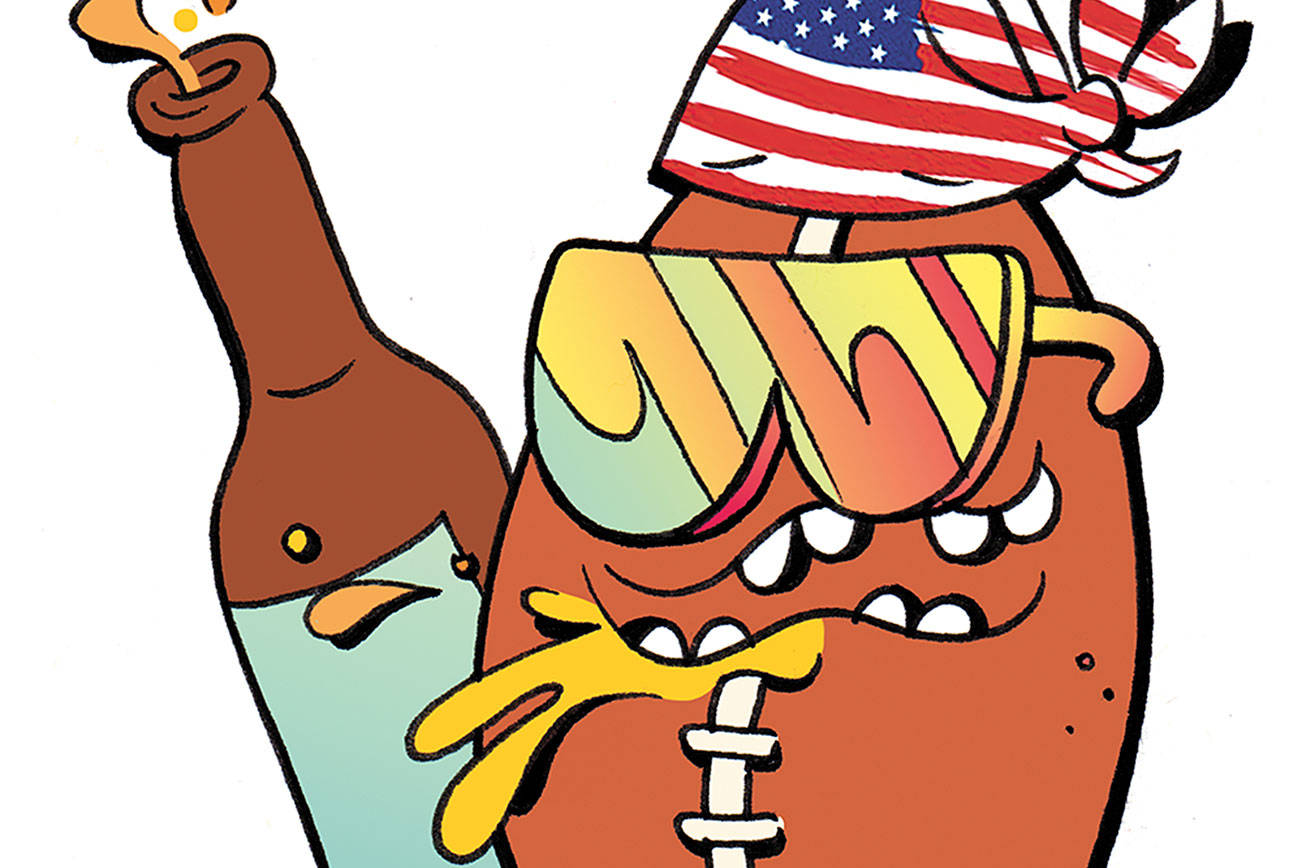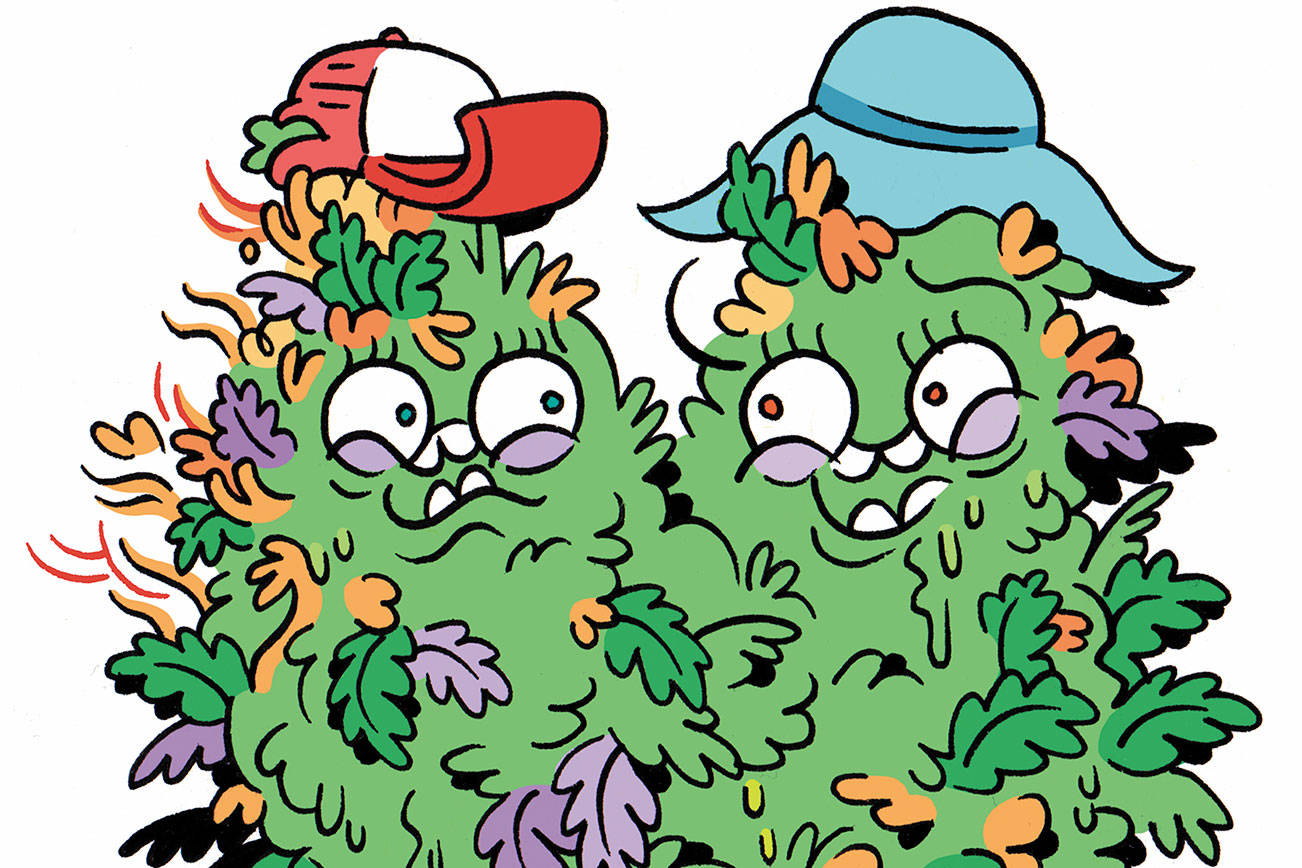Last week, The Seattle Times reported that a new edict had come down from the Overlords of Vice (Washington State Liquor and Cannabis Board) that some previously approved edibles were now heading to the chopping block because they are possibly “exceedingly appealing to children.”
The board is acting on “several” complaints they’ve collected over the years, claims board spokesman Brian Smith. Smith said that when the board members looked into the cases, they also had concerns and decided to re-evaluate the products.
In a presentation posted online, the agency identified colorful gummi-style and hard candies as ripe for a regulatory crackdown. Last year a similar law in Colorado took effect, banning any edible marijuana product shaped like an animal or person.
According to the presentation, “all production” of hard candies, tarts, fruit chews, colorful chocolates, jellies, and “gummy type products should cease as they will not qualify.” Companies making such products can sell them until they run out or until April 3, whichever comes first, the presentation said. Producers of edibles must resubmit their products—as well as all labels and packaging—to the agency by Jan. 1, 2019.
The new rules are mainly targeting various gummi products. However, any edible that is “too colorful” could be banned. Producers and retailers say they feel caught off guard. Bob Ramstad, owner of Fremont cannabis store Oz, told The Seattle P-I he thought it was “shocking” that the agency could ban products it had previously approved. “Their interpretation of ‘exceedingly attractive to children’ is ridiculous,” Ramstad said.
Jamie Hoffman, the owner of Craft Elixirs, told KIRO 7 News: “Getting the news this week is very scary.” Craft Elixirs has been making hard and gummi candies for more than four years. “It’s very scary for our future.” The company received approval for a new flavor as recently as two months ago, and there was no mention of the rule change. Currently, gummies make up about 84 percent of Hoffman’s business. “If we lose the ability to make these candies, we’ll be out of business,” Hoffman said. “There’s no question about it.”
Oddly, the list of edibles that are still allowed contains plenty of items that theoretically could be tempting to a child, making this decision seem somewhat arbitrary—including beverages, baked goods, chocolate, cookies, caramels, and mints.
Logan Bowers, owner of Hashtag Cannabis, also spoke with the Times and expressed his skepticism concerning the state’s actions. Safety is “a number-one priority,” said Bowers, “but I’m concerned that whole categories of products are being tossed out categorically. I don’t see how a chew is inherently more enticing to a child than a cookie. Children love cookies.”
Unfortunately, the folks who will probably be most affected are an already marginalized group of cannabis users—medicinal patients, many of whom use edibles exclusively. The Liquor and Cannabis Board claims that edibles make up about 9 percent of the state’s sales, but Uncle Ike’s Pot Shop owner Ian Eisenberg told KIRO 7 that edible pot products are about 20 percent of their sales. “And the edibles that will be banned are probably 60 percent to 70 percent of the entire edibles market,” Eisenberg said.
The Washington Poison Center claimed in 2017 that 43 percent of marijuana poison calls were for edible products, but they didn’t specify which type.
The rule change goes into effect Jan. 1, and stores have until April 3 to sell the remaining inventory of banned items.
stashbox@seattleweekly.com







